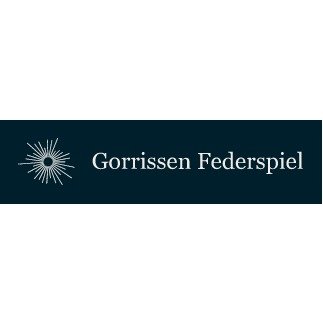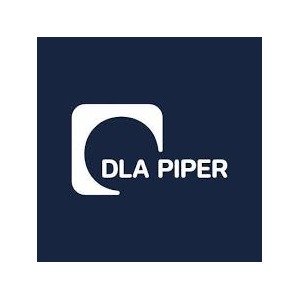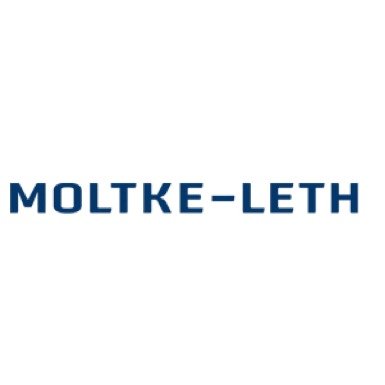Best Financial Services Regulation Lawyers in Denmark
Share your needs with us, get contacted by law firms.
Free. Takes 2 min.
Or refine your search by selecting a city:
List of the best lawyers in Denmark
About Financial Services Regulation Law in Denmark
Financial Services Regulation in Denmark is designed to ensure the stability and integrity of the financial market, protect consumers, and promote confident market participation. It involves a comprehensive framework governed by both national legislation and EU directives. The primary regulatory body responsible for overseeing financial services in Denmark is the Danish Financial Supervisory Authority (FSA), known in Danish as Finanstilsynet. This body ensures compliance with laws concerning banking, insurance, securities markets, and other financial institutions.
Why You May Need a Lawyer
Engaging with Financial Services Regulation can be complex due to the evolving nature of financial laws and regulations. Here are some common situations where you may require legal assistance:
- Compliance with financial regulations when operating a financial institution.
- Navigating disputes or investigations by regulatory authorities.
- Drafting and reviewing contracts and agreements in financial transactions.
- Handling mergers, acquisitions, or restructurings within the financial services sector.
- Protecting intellectual property in financial technology development.
Local Laws Overview
Denmark's financial services regulation is influenced by both national legislative measures and EU laws. Here are key aspects of local laws relevant to financial services:
- The Financial Business Act lays out the general framework for the operation of banks, insurance companies, and investment firms.
- The Securities Trading Act regulates trade in financial instruments ensuring market transparency.
- Anti-money laundering (AML) legislation imposes strict requirements on financial institutions to prevent financial crimes.
- The Payments Act mandates rules for payment services and e-money issuance.
Frequently Asked Questions
What is the role of the Danish FSA?
The Danish Financial Supervisory Authority supervises financial undertakings to ensure compliance with financial legislation, thus maintaining market stability and investor protection.
Are EU financial regulations applicable in Denmark?
Yes, being a member of the European Union, Denmark complies with EU financial directives and regulations, which are integrated into national law.
What should I do if I suspect my bank has violated financial regulations?
You should report any suspected violations to the Danish FSA. It is also advisable to consult with a lawyer to understand your legal rights and options.
What licenses are required to operate a financial services company in Denmark?
Companies must obtain appropriate licenses from the Danish FSA depending on their activities, such as banking, insurance, or investment services licenses.
How can I ensure compliance with AML regulations?
Institutions must adopt stringent compliance programs, conduct regular audits, and provide staff training to adhere to AML laws.
What is the E-Money Directive?
The E-Money Directive is an EU law governing the issuance and redemption of electronic money, applicable to financial institutions in Denmark.
How do I handle a dispute with a financial institution in Denmark?
Consider mediation or arbitration as alternative dispute resolution methods. Legal recourse in civil courts is also an option, where engaging a lawyer can be beneficial.
What consumer protections are available in Denmark for financial services?
Consumers are protected by various Danish and EU regulations, which provide rights in areas such as unfair contract terms, data protection, and dispute resolution.
Is there a legal requirement for data protection in financial services?
Yes, the General Data Protection Regulation (GDPR) applies, mandating stringent data protection and privacy standards for financial institutions.
What are the penalties for non-compliance with financial regulations?
Penalties can include fines, revocation of licenses, and even imprisonment for severe violations, emphasizing the importance of compliance.
Additional Resources
Here are some valuable resources for further assistance with Financial Services Regulation in Denmark:
- Danish Financial Supervisory Authority (Finanstilsynet): The official regulator providing updates and guidelines.
- Danish Data Protection Agency: For GDPR-related inquiries in financial services.
- European Banking Authority (EBA): Offers guidance on regulations affecting EU member states.
- Denmark's Financial Complaint Board: An independent body that handles disputes between consumers and financial institutions.
Next Steps
If you need legal assistance in navigating Financial Services Regulation in Denmark, consider taking the following steps:
- Conduct preliminary research to understand the scope of your legal needs.
- Consult a lawyer who specializes in financial services regulation to get expert advice tailored to your circumstances.
- Prepare all necessary documentation and information related to your legal concerns.
- Ensure continuous compliance with ongoing regulatory obligations to mitigate legal risks.
Lawzana helps you find the best lawyers and law firms in Denmark through a curated and pre-screened list of qualified legal professionals. Our platform offers rankings and detailed profiles of attorneys and law firms, allowing you to compare based on practice areas, including Financial Services Regulation, experience, and client feedback.
Each profile includes a description of the firm's areas of practice, client reviews, team members and partners, year of establishment, spoken languages, office locations, contact information, social media presence, and any published articles or resources. Most firms on our platform speak English and are experienced in both local and international legal matters.
Get a quote from top-rated law firms in Denmark — quickly, securely, and without unnecessary hassle.
Disclaimer:
The information provided on this page is for general informational purposes only and does not constitute legal advice. While we strive to ensure the accuracy and relevance of the content, legal information may change over time, and interpretations of the law can vary. You should always consult with a qualified legal professional for advice specific to your situation.
We disclaim all liability for actions taken or not taken based on the content of this page. If you believe any information is incorrect or outdated, please contact us, and we will review and update it where appropriate.
Browse financial services regulation law firms by city in Denmark
Refine your search by selecting a city.

















